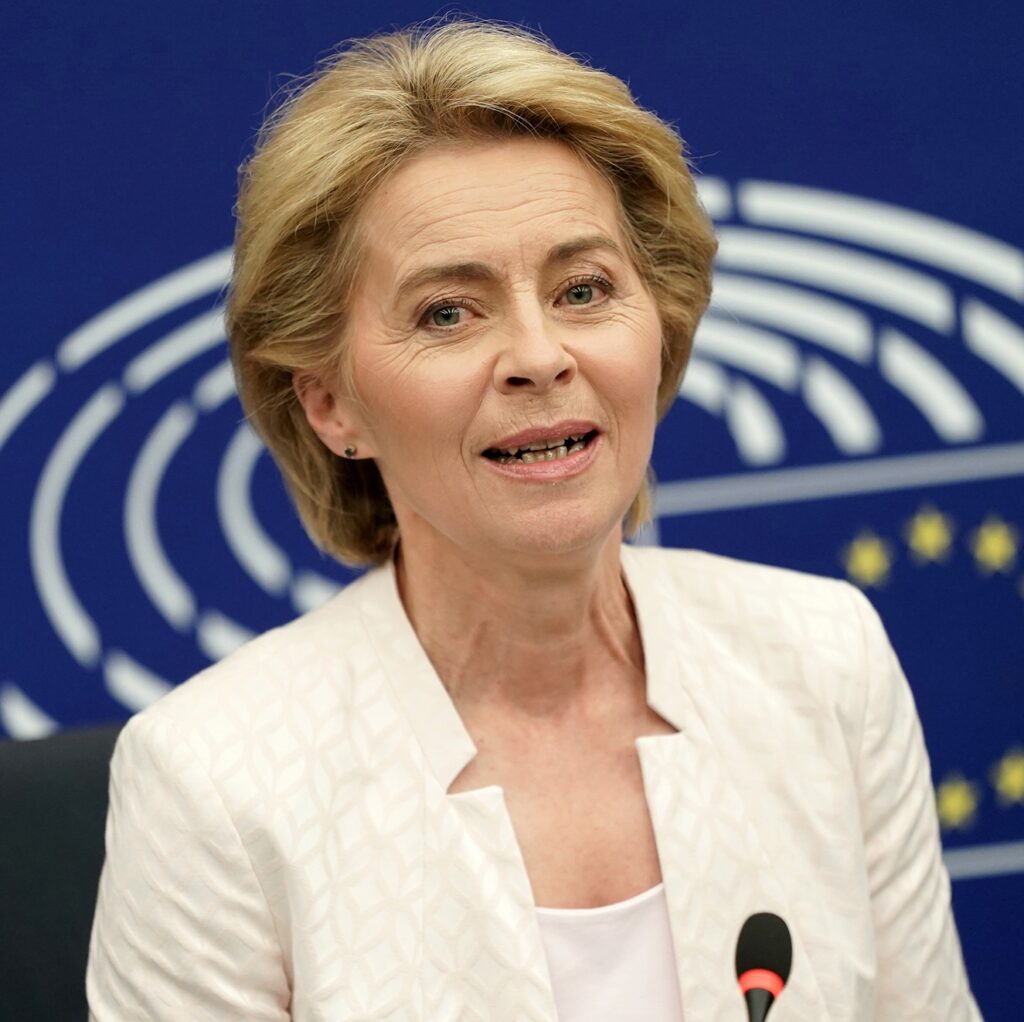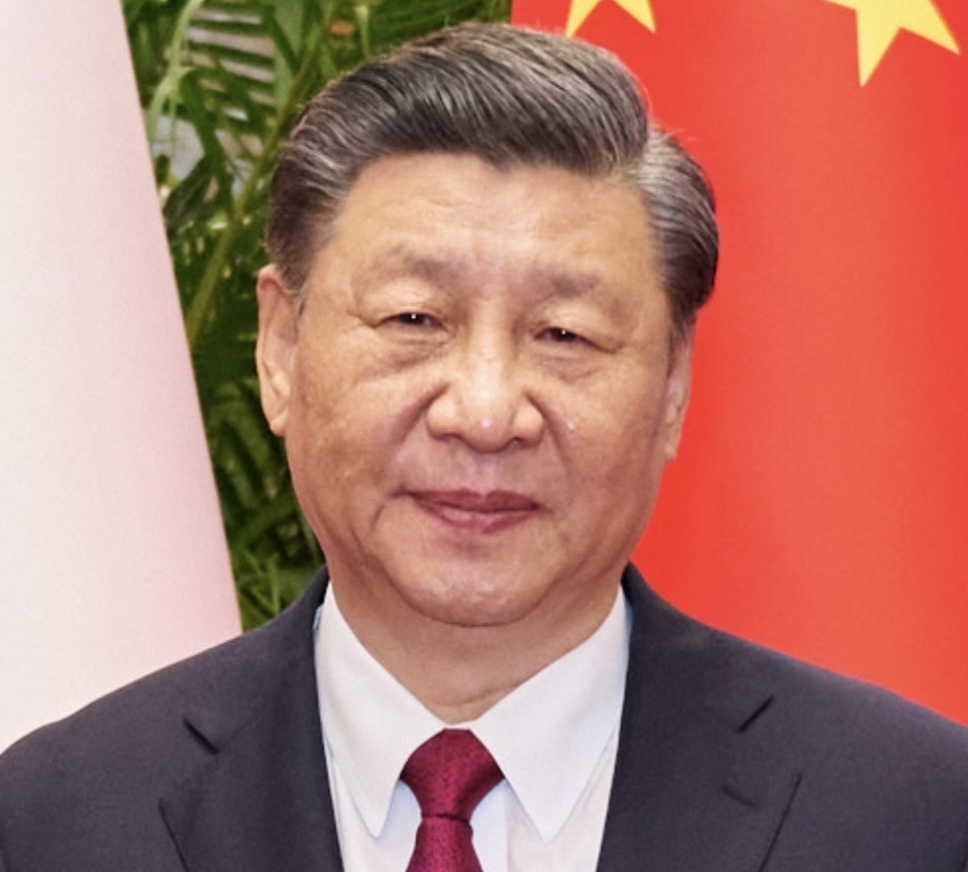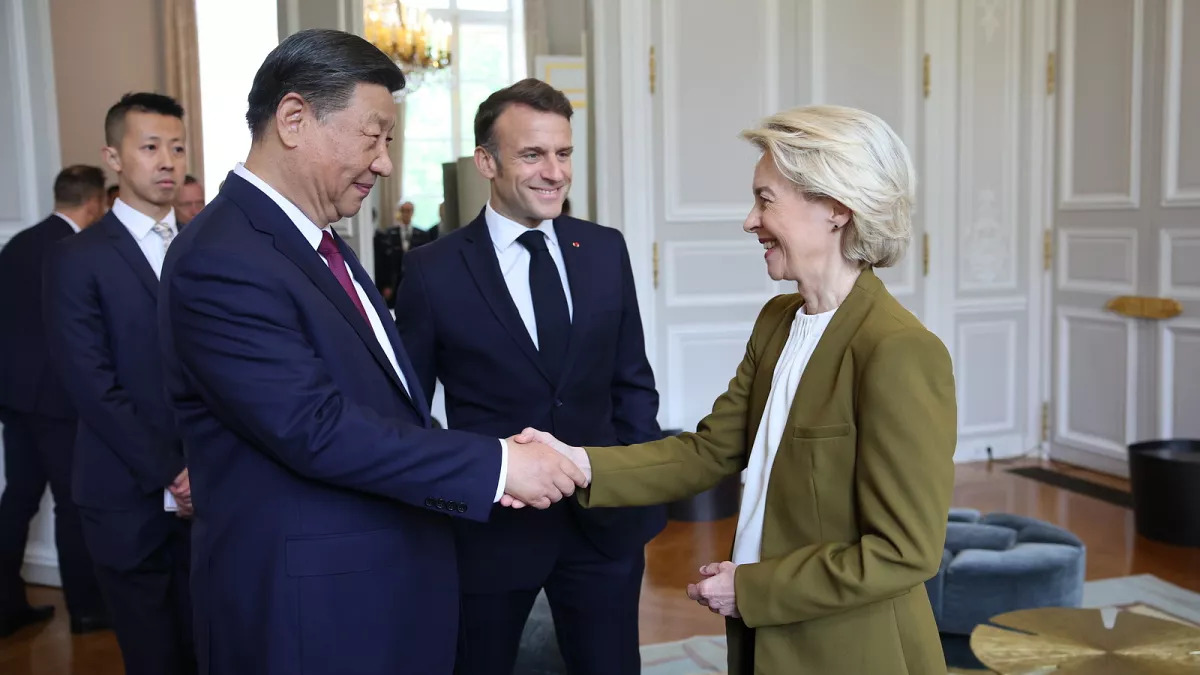On May 6th, in the city of Paris, Ursula Von der Leyen, President of the European Commission (EC), Emmanuel Macron, President of France, and Xi Jinping, President of the People’s Republic of China (PRC), gathered to discuss the European Union (EU) – China relationship.

What is the reason behind this meeting?
It is well-known that the EU and the Asian giant have a strained relationship due to many reasons.
“The relationship between both regions is a complex one. A China that plays fair is good for all of us,” states Von der Leyen.
“At the same time, Europe will not hesitate to make the difficult decisions necessary to protect its economy and its security,” she adds.
The reason behind this “tension” is because, last year, the European Commission formalized an investigation against Chinese automakers for the “invasion” of their electric vehicles (EVs), arguing that the products are offered at “artificially low” prices, and also for not providing the required monthly reports.

Furthermore, on March 5th, 2024, Von der Leyen issued a statement announcing the implementation of a new regulation for the electromobility market, which will be valid for the next nine months.
This directive involves imposing registration measures on the imports of new EVs from the Asian giant capable of carrying up to nine passengers.
Regarding this, the leader expresses: “There is a risk that an increasing number of UE producers will suffer a fall in sales and a reduction in production levels if Chinese imports continue at current increasing levels at supposedly subsidized prices, as has been demonstrated so far.”
It is important to mention that data collected so far shows massive imports over a relatively short period.
The quantity of these imports between October 2023 and January 2024 is around 177,839 units, representing an increase of 14 per cent between both months.
Additionally, according to a report from Transport & Environment in March, nearly one-fifth (19.5 per cent) of electric cars sold in Europe last year were manufactured in China.
Moreover, it is expected that this proportion will reach approximately one-quarter (25 perc ent) in 2024.
Therefore, what was specifically discussed in the EU-PRC meeting?
The President of the European Commission reveals in a statement after the meeting that, initially, they discussed the “flood” of subsidized Chinese products into the European market.
“China continues to massively support its manufacturing sector and coupled with stagnant domestic demand, the world cannot absorb China’s production surplus“, she determines.
As a solution, Von der Leyen proposed to the president of the Asian giant to address these excesses, and subsequently coordinate with G7 countries and emerging economies, which are also increasingly affected by market distortions.
Furthermore, she suggests that to ensure fairness in trade, mutual and reciprocal market access is necessary.
“We are ready to make full use of our trade defense instruments if necessary”, Von der Leyen asserts.
“We cannot accept practices that distort the market and could lead to deindustrialization here,” she adds.
However, Xi Jinping is not left behind in this game of “give and take.”
In January 2024, China initiated an anti-dumping investigation into brandy imports from Europe.
This measure was largely interpreted as a retaliation specifically targeted at France, a country that strongly supported the European Commission’s trade case against Chinese electric car imports.
French authorities had initially introduced an ecological bonus, which granted users who wanted to buy an electric car the sum of 4,000 euros.
Nonetheless, in a modification made at the beginning of the year, they decided to exclude Chinese EVs from this subsidy
“We have to make France the first country in the continent in clean vehicle production“, President Emmanuel Macron reportedly declared at the time.
Thus, if the EU imposes tariffs, it is likely that China will take reciprocal measures regarding imports.
Other Chinese sector representatives, from major companies like MG and BYD, joined Liu’s complaint and considered this measure “discriminatory“, alleging that the subsidy was “designed to exclude them“.








